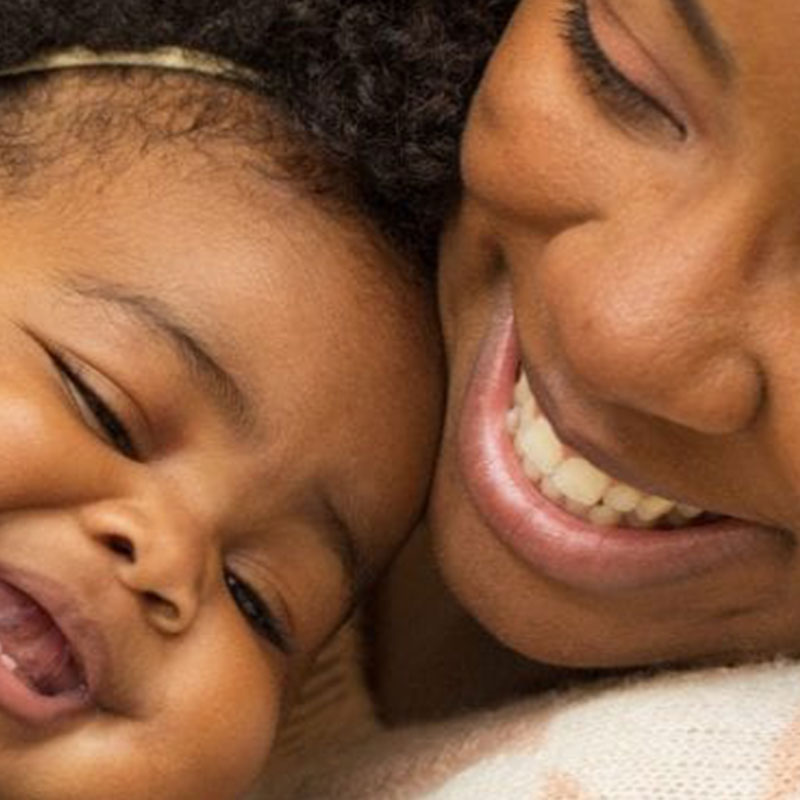Wonderful Ways to Boost Your Child’s Self-Esteem

November 16, 2019
By Steve Bove
On paper, it seems simple. I mean, you know how extraordinary your kids are; therefore, by singing their praises at every turn, they will too, right? Boom. Confidence, check.
Of course, any parent will tell, the reality of nurturing self-esteem in children involves a bit more nuance than simply heaping on praise. (Though that part helps.)
So, the question remains; how does a parent cultivate a firmly rooted, well-balanced sense of self-esteem necessary for their child’s transition into a happy, well-adjusted adult?
Be Supportive
“There’s no such thing as ‘too much’ love for a child, but it’s also important to foster self-esteem that’s healthy and balanced,” says Stacy Doumas, M.D., residency program director & vice chair of education in the Department of Psychiatry at Jersey Shore University Medical Center. “Start by talking to your kids. Be supportive, but be realistic.”
According to Dr. Doumas, one of the biggest mistakes many parents make is being too critical.
“Healthy self-esteem is about knowing one’s own strengths - and weaknesses,” Dr. Doumas says. “Talk to them, talk about their strengths and what makes them unique. Let them know things don't always work out, and it's normal to not be good at everything.”
“It’s important they know your love is unconditional and they’re free to thrive in a safe, supportive environment where it’s okay to make mistakes,” she adds.
Nurture Individuality
According to Dr. Doumas, every child comprises a unique amalgam of likes and dislikes, strengths and weakness, traits and values, genetics and temperament, and embracing these rough edges is key for developing self-esteem with deep roots and plenty of room to blossom.
“Encourage your child to pursue things they’re interested in. Let them make decisions for themselves, and encourage them to finish what they start,” she says. “Not only will you be nurturing more confident, happier children, you’ll be helping your kids develop tools they’ll take with them throughout life. You’ll also have faith in their ability to approach difficult or challenging situations with their heads held high.”
Getting Specific
The above offers some broad concepts to help guide your role as a parent, but below are some specifics that might apply to your day-to-day.
Assign some chores.
If you can find a few age-appropriate jobs for your child to do around the house, it can help them feel productive and accomplished.
Carve out one-on-one time.
If you have multiple kids, schedule some alone time with them. This gives them the opportunity to talk about their feelings or any personal interests, and helps you get to know them better.
Let them make their own choices.
Simple things, like picking out what pajamas or shoes they want to wear will make them feel like they have some power, and also helps them understand that there are consequences when you make bad decisions – like wearing flip flops in the rain.
Encourage sports or other extra-curricular activities.
Research shows sports and other physical activities help build confidence in kids. Just listen to a child’s likes and dislikes. If it’s not working out don’t put pressure on your child to continue.
If you’re concerned that your child is suffering from issues that might hinder their self-esteem, speak to their pediatrician, or seek help from a mental health professional.
The material provided through HealthU is intended to be used as general information only and should not replace the advice of your physician. Always consult your physician for individual care.
Find a doctor near me
Writing on the Walls: Behavioral Red Flags in Children and Adolescents

If your child were suffering, you’d sacrifice life and limb to swoop down and save the day.
Can Melatonin Gummies Help Kids Sleep?

Help your child sleep better. Learn about melatonin gummies for kids from pediatric sleep specialists. Get advice & improve bedtime habits.




